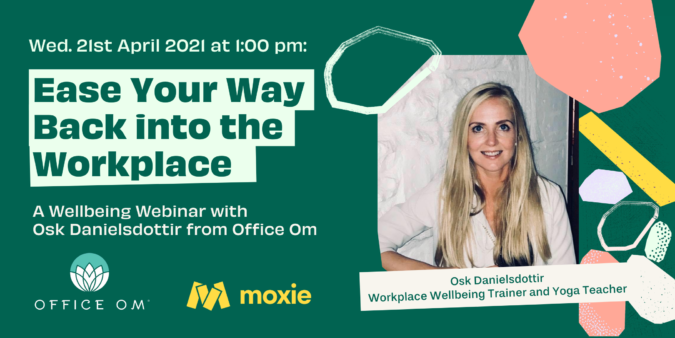What should we be doing to support the housing frontline and key worker’s mental health?
- Regular mental health training.
First thing’s first - staff should be given regular mental health training. This should be a core element of any business and should not be seen as a tick box activity; it needs to be one that is brought back annually and given to all new staff members as part of their induction. This is particularly important for management staff looking after other team members.
- Create an open communicative environment.
There should also be an open environment for staff members to share any challenges they might be facing or overall elements of their life that could impact their mental health. Ask yourself - how much do you really know about your team, about their lives outside of the office? If you don’t know the situations they might be navigating outside of the 9-5, how can you truly support them within it?
- Increase flexibility for timescales and deadlines.
We recommend bringing more flexibility into targets and timescales if needed. Often, the rigidity of operational targets - and the time pressures that come alongside them - get in the way of wellbeing. For example, if a deadline is causing your staff to spend their lunch breaks consistently eating at their desk, then you can pretty much bet that something is amiss. Take a step back and make sure that staff wellbeing and business targets have the right weighting.
- Reapproach absence management procedures.
This also presents an opportunity to consider your absence management policy and procedures - again, can you make these more flexible? We regularly find companies with policies that only reflect physical health, and ignore the mental health absences that staff may need to take. And when your staff know that this could cause a problem for them further down the line, they may avoid taking the time off in the first place, even when they desperately need it. The problem will build until it overflows. They’ll burn out - something that can be avoided. It all comes down to the culture that we build around mental illness.
- Prioritise resident mental health support.
Finally, it’s critical that you build and maintain an environment that nurtures tenant mental health. This means that you need to genuinely care about their mental health. This should encompass everything from ensuring income and debt recovery is more mental health-friendly, to offering flexibility based on people’s individual circumstances (rather than sticking with a ‘procedures over people’ mentality).
You should strive to empower your residents to live their best lives. Without realising it, a service that doesn’t embody this flexible, truly supportive nature can actually do the opposite: it sets people up for failure. And with 1 in 3 social housing tenants experiencing mental health problems - and unhappy with their home - this is something that needs serious attention.
You can approach this in many ways, including making sure your staff are fully trained on how to speak to tenants. Our tone of voice and mannerisms can have an enormous effect on the energy in the room - it will either put a person immediately on edge or make them feel seen and heard. Clearly, you want to opt for the latter. As a result, tenants will engage more with your staff and feel far better in the process.
They should be spoken to as human beings, and never have to face any prejudice or stigma (something that is more common than you may think; one in seven people experience stigma from housing officials during their social housing application process). In addition, any processes that you can simplify - do it! More than one in four people reported problems with benefits such as universal credit or housing benefits during a Mind Charity study: are there any ways you can help them more with these tasks? Any guidance or support you can provide?







